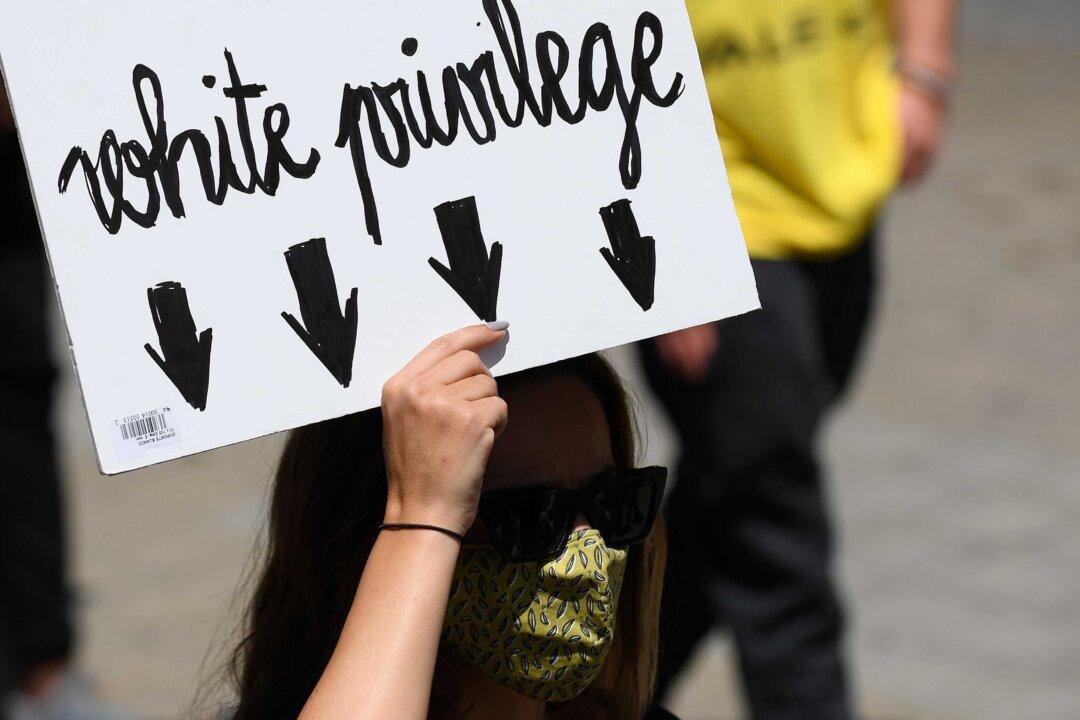Commentary
Progressive politicians and academics often assert that particular communities face racial barriers to employment, justice, and full participation in Canadian society.

Progressive politicians and academics often assert that particular communities face racial barriers to employment, justice, and full participation in Canadian society.